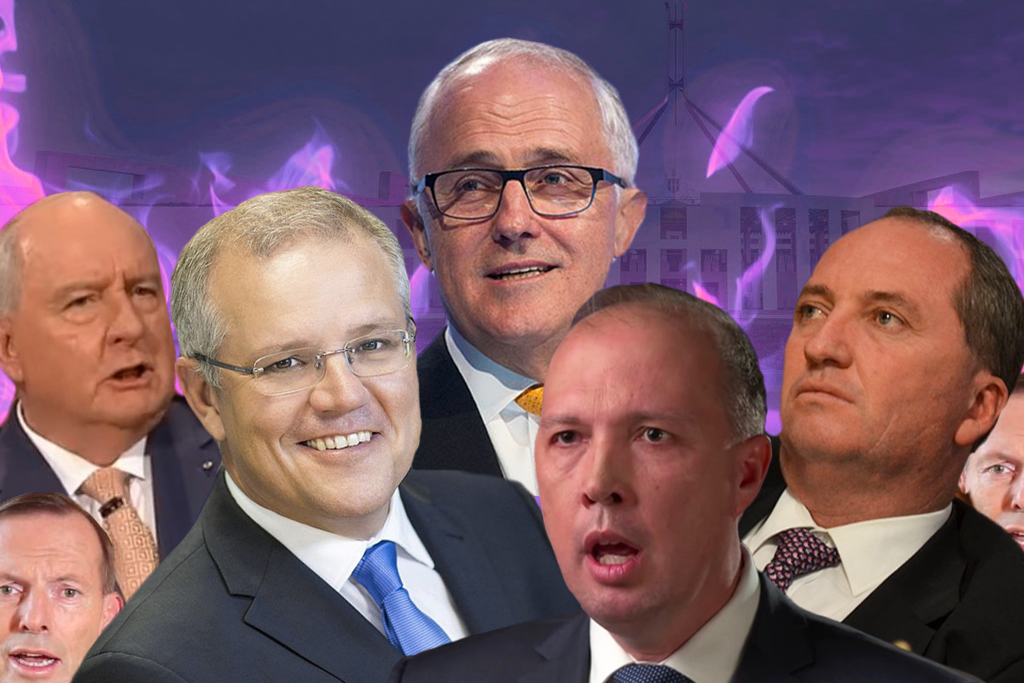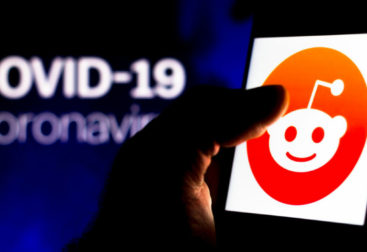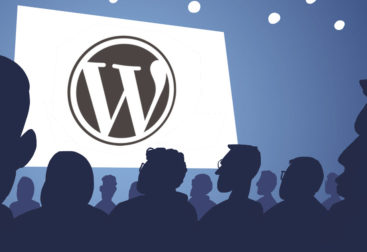Social media has become a key medium for the discussion of political ideas and civil discourse over the past 15 years.
Blogs, chat rooms and online forums have always been places of robust discussion and fierce opinion since the start of the internet. The launch of social media platforms such as Twitter, which launched in 2006, and Facebook, which launched in 2004 saw politicians start to embrace the direct access these new channels provided to potential voters, and the skilful use of social media was a key factor in the election of Barack Obama in 2008, and again in 2012.

Local Australian politicians have also embraced social media over the past decade, with a strong integration with their overall communications strategy. For some politicians, it is their key method of interacting with the public, and allows them direct access to the public without traditional media restrictions of time or editing.
For example, In local Victorian politics, Dan Andrews (or his social media team) is certainly a fluent user of a number of platforms.
He is able to mix informal, engaging posts with strong messaging around the work his government is doing for the state. He has also been able to deliver important public health information during Covid. The main platform he is using for this content is Facebook and Instagram, with the content posted to Twitter a lot more reserved.
Having a steady stream of positive and engaging content is a fluent use of social media for political purposes. The continually engaged audience that is built up over 3 years is receptive for your messaging for the next election cycle.
Is it just for politicians?
Political discourse on social media is also not just a one way method of communication. Social media enables members of the community to respond to content that is posted, as well as engage in conversation with each other around political issues.
In Australia, one such method of this political interaction is accommodated by the hashtag on Twitter #auspol. Using this hashtag, people interested in Australian politics can both view and participate in up to date political discussion around the views of the day (Bogle, 2016). The interactions around this hashtag can be thought of as a “Public”, defined by Warner as a group of people to unite around a common interest and build a sense of belonging through self organised discourse, rather than an externally imposed set of rules (Warner, 2002).

Fierce debate, as well as meaningful consensus can be built around the #auspol conversation on Twitter. As this is a neutral public, where people from all parts of the political spectrum are likely to interact, this public can be seen as a true approximation of a public sphere as referred to by Habermas. (Habermas 2010).
References
Bogle, A 2016, ‘#auspol: The Twitter tag that Australia can’t do without’, Mashable, March 6, viewed 18 March 2018 <https://mashable.com/2016/03/21/twitter-australia-auspol/#4tvfXtsZUEqV>.
Warner, M 2002, ‘Publics and Counterpublics’, Public Culture, vol. 14, no. 1, pp. 49–90.
Habermas, J. (2010). The public sphere: an encyclopedia article (1964). The idea of the public sphere: A
Images
WIRED, 2018, Propelled by Internet, Barack Obama Wins Presidency
<https://www.wired.com/images_blogs/photos/uncategorized/2008/11/04/obama_acceptance.jpg>
Junkee, 2018, Scott Morrison, Malcolm Turnbull & Peter Dutton: The Dumbest #Auspol Moments Of 2018
https://junkee.com/wp-content/uploads/2018/12/identical_white_men_2.png






Fantastic post! You have fluently captured the idea of civil discourse on social media and its ability to be utilised by both politicians and citizens alike.
I appreciate your closing statement by Habermas that you refer to, highlighting the idea that social media is a neutral public where a diverse range can interact, allowing for a true public sphere.
You have written clearly and created a highly credible post, referring to greatly relevant sources and examples, keep up the good work!
Great read steve, I particularly liked the section about politicians using social media to engage the public not only in political news but also with information from their day to day lives.
Nice work.
Hi Steve,
Well done on an engaging post! You’ve made a great reference to politicians including Barack Obama and Daniel Andrews and how they’ve used social media to strengthen their campaigns and messages. I like how you’ve noted that social media gives “…direct access to the public without traditional media restrictions of time or editing”, which is an advantage to using these platforms.
It’s great to see that you’ve mentioned not only how politicians have been using social media but also members of the community. With hashtags such as #auspol, it makes it easy for regular citizens to join in with the political discussion from the comfort of their couch! It’s interesting to see how these conversations have been taking place mainly over on Twitter – Do you think citizens will expand these political discussions onto different social media platforms in the future? Perhaps there will even be a separate social media network for it!
My only piece of criticism would be to consider using some pull quotes or hyperlinks to other relevant articles or media content. But otherwise, the use of imagery keeps the reader engaged in your post. Well done!
Keep up the fantastic work, and I can’t wait to read your next post! 🙂
Hey Steve!
This was a really well put together and informative post, well done!
I loved your use of graphics to keep your post engaging and relevant.
I also really enjoyed reading about the #auspol hashtag, with the emphasis that the topic of politics on social media is not just for the politicians.
Great work. I’m excited for the next one! 🙂
Hi Steve, clear and to the point with great examples especially barrack Obama, he was the first to fully embrace social media for campaigning and was extremely successful! I certainly wouldn’t mind teaming up with you in a group assignment :).